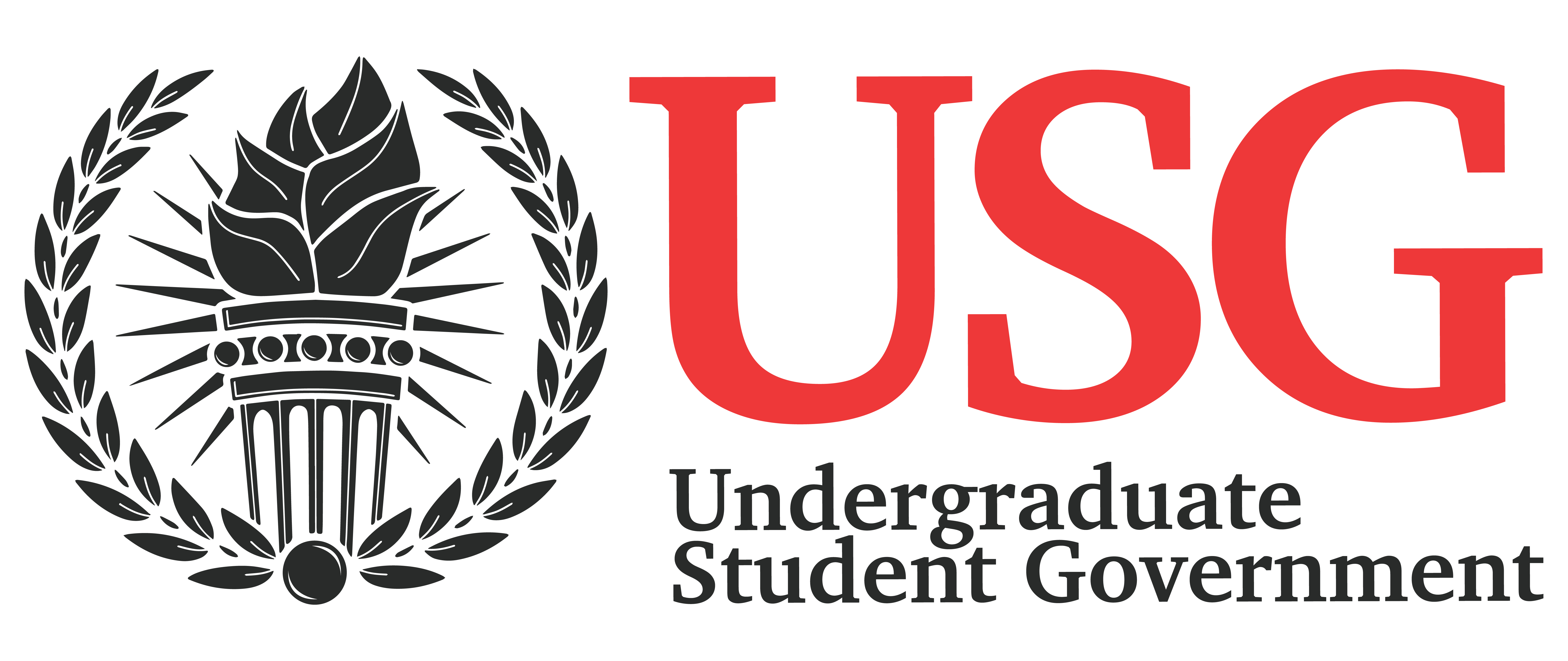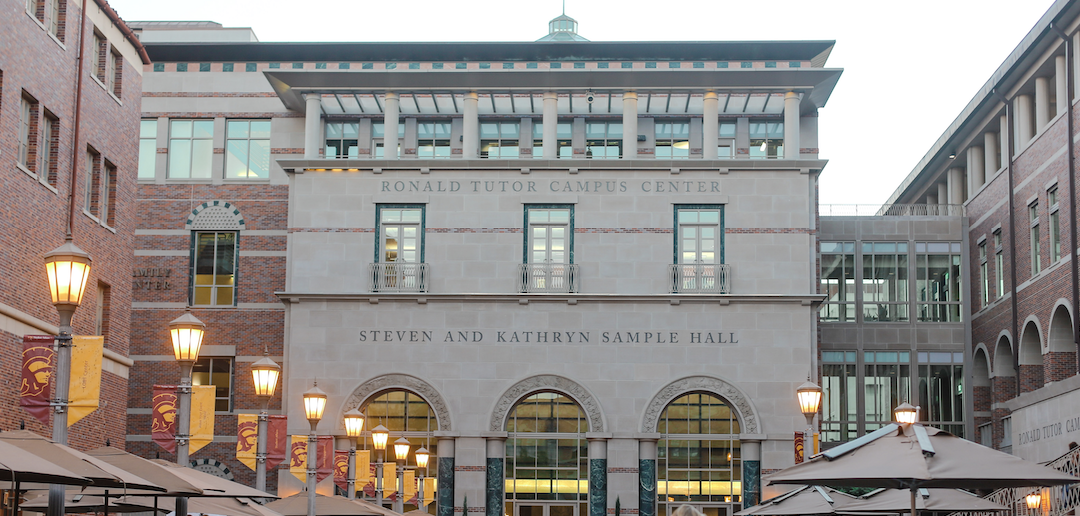Monday, USC community members participated in the second-ever University Forum to discuss topics such as communication, connectivity of campus stakeholders and well-being. With many senior administrators in attendance like President Carol Folt and Vice President for Student Affairs Winston Crisp, the event provided a unique opportunity to directly communicate with key decision-makers on campus.
The event also allowed students, faculty and staff at all levels to come together in a shared space to discuss topics important to our Trojan Family. In a time of key administrative change at USC, creating a space for all stakeholders to freely voice their opinion and provide leaders with specific input is imperative in moving forward from a couple turbulent years.
The Trojan Council brings together the presidents and vice presidents of the four central governing bodies on campus: the Undergraduate Student Government, the Graduate Student Government, the Staff Assembly and the Academic Senate. Aside from our routine work to address issues of mutual concern, our group also prioritizes hosting community-wide events that provide opportunities for discussion between students, faculty and staff, including senior administrators.
With commitment to our constituencies to take their feedback from the Forum and drive improvement across USC, the Trojan Council will continue to regularly meet to further establish our collective priorities and critically create concrete plans of action for each of our organizations.
As the Trojan Council begins the process to build these priorities and plans, for the time being, I would like to take the opportunity to directly respond to a few of last night’s main topics by reflecting on my own personal summaries, rather than those of the Trojan Council at large.
COMMUNICATION
Staff Assembly President Erika Chesley started the forum’s discussion by asking audience members their thoughts on the effectiveness of University communication and where all of us can improve when and how we communicate. Many voiced their frustrations with departmental decentralization and an unclear vision for the University, causing a lack of awareness of resources, particularly for students and their parents and not knowing where to provide day-to-day feedback. Many members expressed their wishes to move past listening sessions and have more-established spaces for direct engagement with senior USC decision-makers.
Connectivity of Campus Stakeholders
In alignment with the Trojan Council’s mission to align students, staff, faculty and other stakeholders in the governance of the University, many participants last night brought up concerns about the siloed nature of USC’s schools and campuses. Despite our positioning as a research institution, representatives at the Health Sciences Campus voiced their concerns about the lack of databases available for individuals to connect and engage in dialogue about their topic of expertise. Moreover, graduate students across different campuses expressed worry about their access to administrators and decision-making tables that are generally concentrated at the University Park Campus.
Well-being
Many contributors also noted a need for increased University support for the Student Health Center and many of its programs — Counseling and Mental Health, Relationship and Sexual Violence Prevention and general medical care. One attendee noted the new fall break for students as a way to support their well-being and shared their hopes for a similar break for staff. There was also extensive conversation on the impact of lack of food, housing and financial insecurity on well-being, particularly for students and staff. Additionally, with the rising costs of tuition and living expenses, many in our community are struggling to pay for basic needs, which impacts their well-being and ability to thrive.
Other Comments
Many other concerns, suggestions and questions were raised by those in attendance, including student worker support systems, discrimination and diversity, accountability and compliance, transfer and spring admit student inclusion, collaboration with future stakeholders regarding sustainability and increased support and awareness of community needs from the Board of Trustees.
NEXT STEPS
In response to all of these details, the Trojan Council’s four governing bodies will use the input to shape our meetings with decision-makers on campus. Aside from this, it was also encouraging to see many senior administrators not only in attendance but actively taking notes throughout the event. In conversations with some of them following the forum, they expressed their gratitude for the feedback and eagerness to work on improvements in their departments.
Moving forward, the feedback will help guide campus priorities with the aim to improve the University for all. As USG president, I pledge to double down on resource awareness and accessibility, expanding relationships between USC stakeholders and working to make sure students, staff and faculty are safe and appreciated as a part of the larger Trojan Family.
Thank you to all those who attended the University Forum, and I urge you to continue to voice your input as USC looks toward the future. If you were unable to attend the event but would still like to provide input, I encourage you to email me at usgpres@usc.edu or stop by the USG office, TCC 224. Every voice deserves to be heard in this time of transition as we collectively work to improve both the University at large and the culture of the Trojan Family.
—
Trenton Stone is the USG President writing about ongoing and upcoming USG initiatives. The column, “President’s Corner,” runs every other Tuesday in the Daily Trojan.

